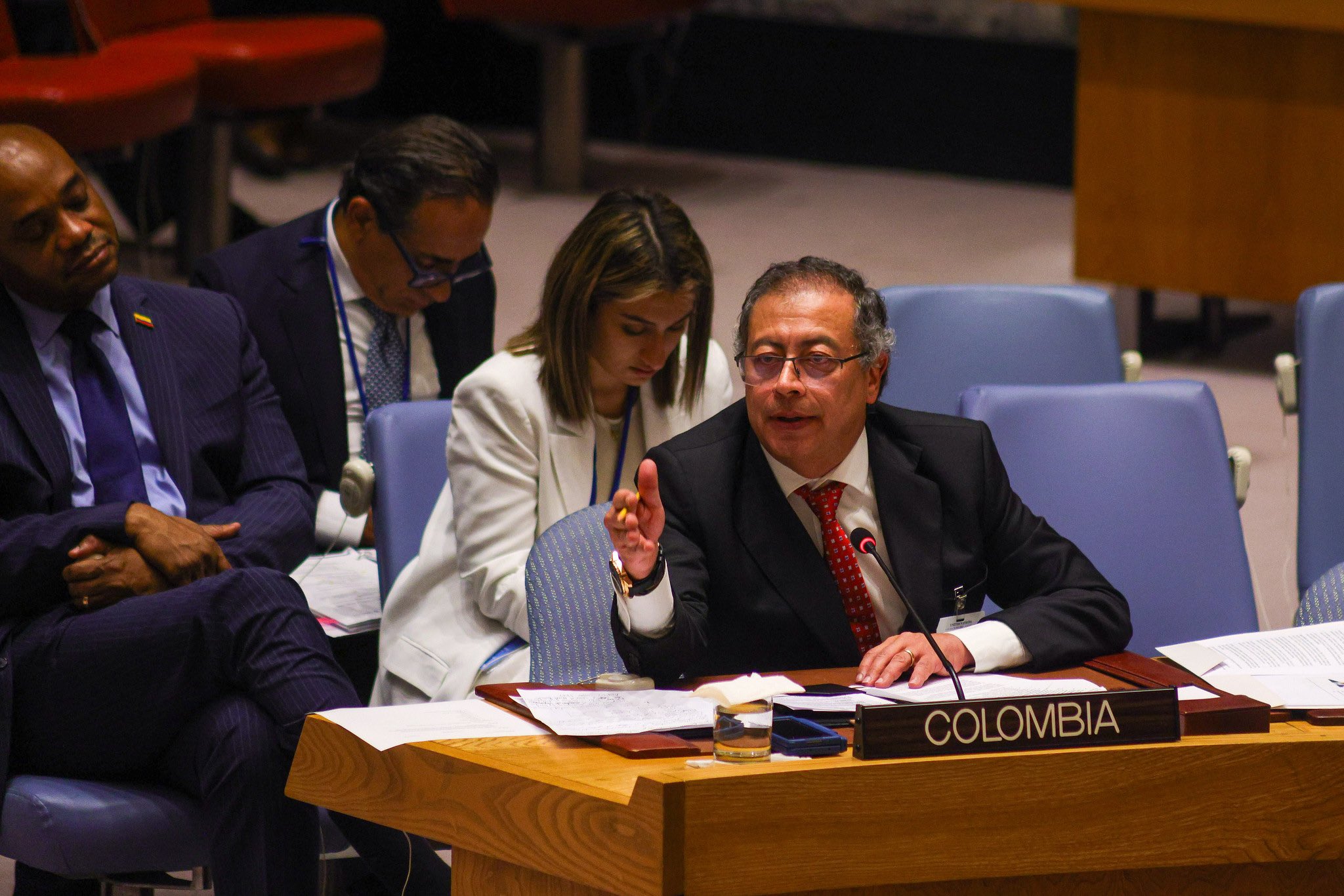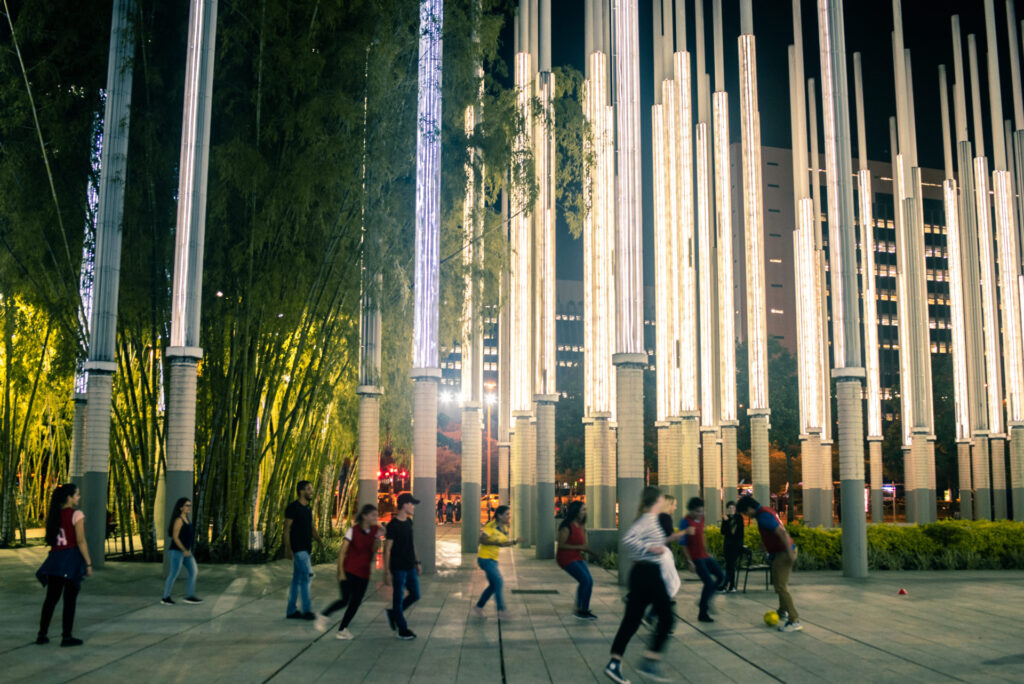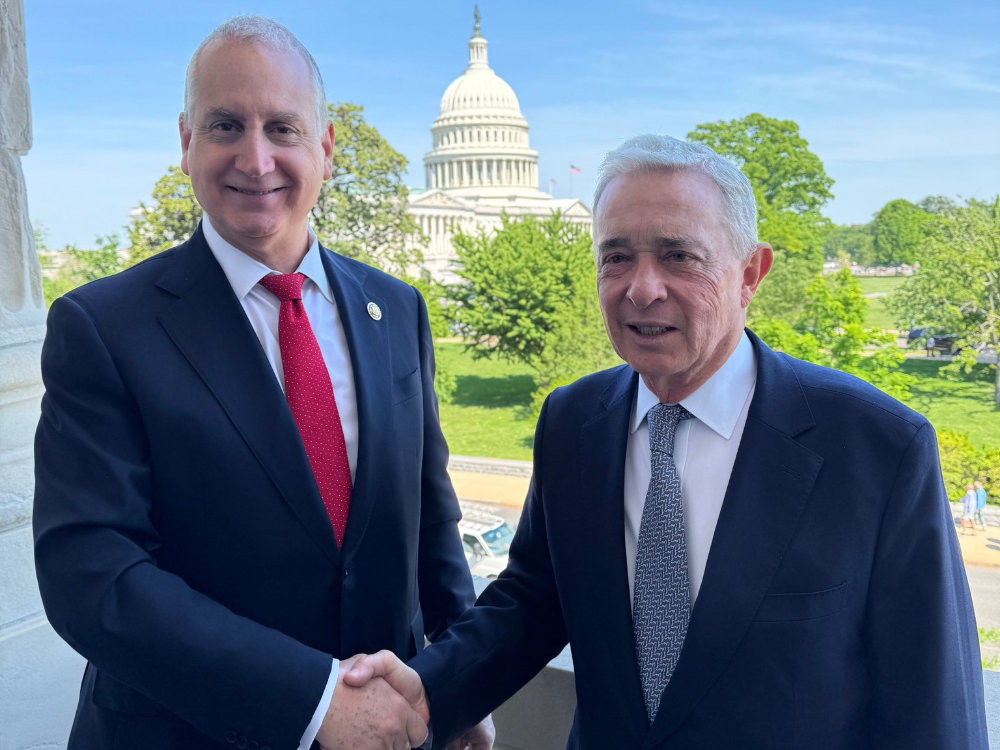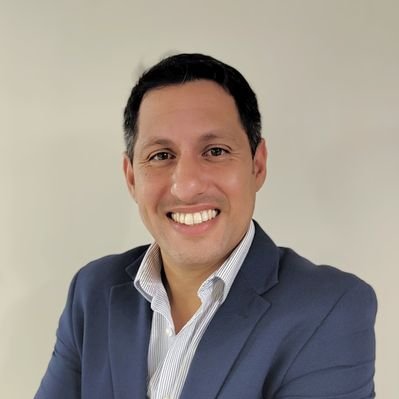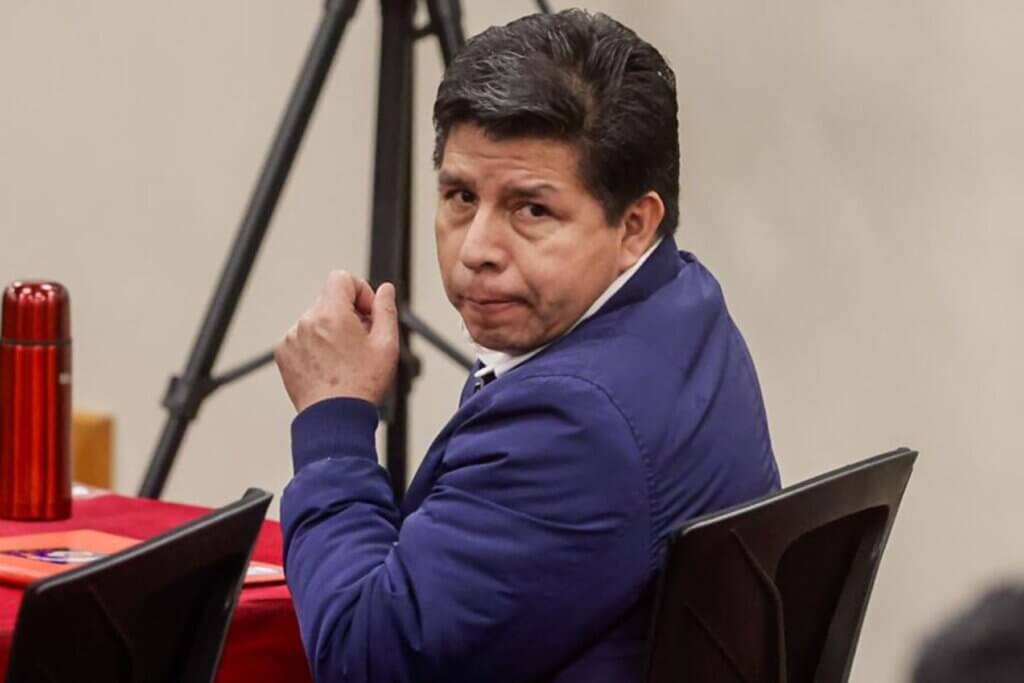Medellín, Colombia – Colombian President Gustavo Petro presented a report on the progress of the country’s 2016 Peace Agreement with the Revolutionary Armed Forces of Colombia (FARC) rebel group to the United Nations Security Council last Thursday, July 11.
The report, which covers the period from March 27 to June 26, 2024, highlights the important measures taken by Petro’s government to liaise between different State and civil entities for the successful implementation of the peace agreement.
However, the United Nations Verification Mission in Colombia also noted how different sectors have been expressing progressively more divergent opinions about the social policies of the government, which “highlights the need for consensus and effort unification to overcome the persistent challenges in the consolidation of peace,” as per the report.
Among relevant issues noted by the entity is President Petro’s signaling of three key aspects that have made the enforcement of the agreement difficult:
- The implementation of the integral rural land reform,
- The transformation of territories that have been heavily affected by conflict,
- The exposition of truthful accounts of what happened during the conflict.
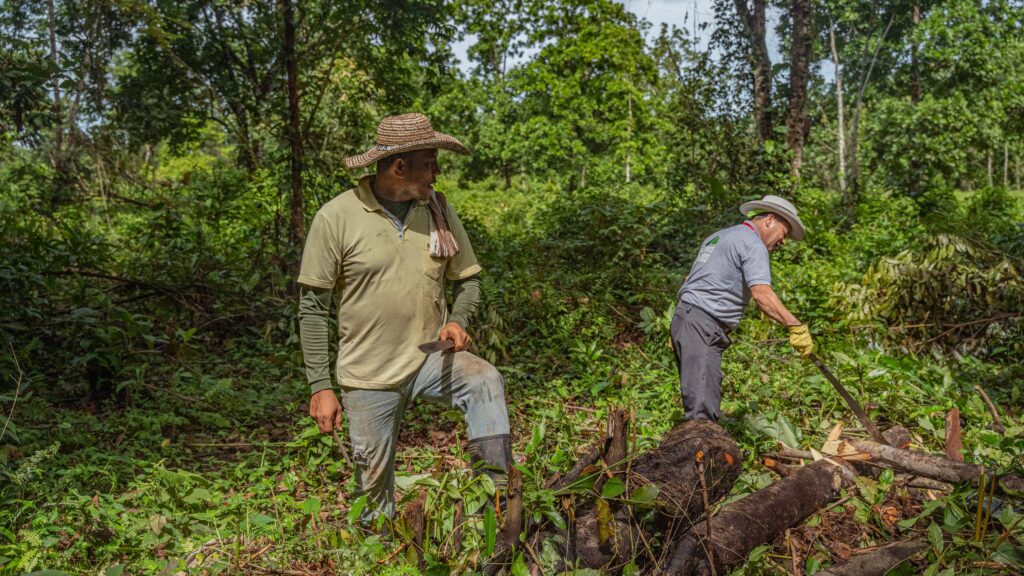
These points were also brought forward by President Petro during his intervention at the UN Security Council. “The rural reform was ignored. Of the three million hectares promised in the change of land tenancy, only 17,000 have been exchanged. My government has exchanged 183,000,” he stated.
Additionally, the president affirmed that “the clarification of truth on the events that happened during the armed conflict has become fragmented in different tribunals: paramilitaries go to the Justice and Peace tribunals, FARC guerrilla members and militants go to the Special Jurisdiction for Peace, but the real sources of violence go to ordinary justice processes.”
Other notable advancements that the report noted include the first revision of the plan that guides public policy for the implementation of the Peace Process (Plan Marco de Implementación del Acuerdo de Paz), and an emergency plan announced by the National Department of Planning and Peace Process Implementation to enforce the agreement’s goals.
Additionally, the entity praised the Special Jurisdiction for Peace (JEP), Colombia’s transitional justice mechanism established in the 2016 Peace Process, for issuing its first sanctions in the case of kidnappings carried out by the FARC, and also lauded the government’s current peace talks with six illegal armed groups.
Nonetheless, the document warned against political violence and tensions related to the JEP after the Comunes political party, which is composed of ex-FARC combatants, claimed that it had lost its focus after seven years in operation.
On Tuesday, the Colombian government announced it would end a cease-fire with the largest faction of the FARC-EMC, a dissident rebel group which abandoned the original 2016 peace deal, putting further peace negotiations in jeopardy. A smaller faction of the group will remain in the cease-fire agreement with the government.
Statements at the Security Council
In light of the report, the Security Council was joined by President Petro, Carlos Ruiz Massieu, Representative of the Secretary-General for Colombia, and Diego Tovar, ex-FARC combatant.
Ruiz Massieu highlighted the courage demonstrated by former FARC combatants for laying down their weapons and reintegrating into society and political life. However, he also observed that the main challenge lies on the sustainability of such reintegration.
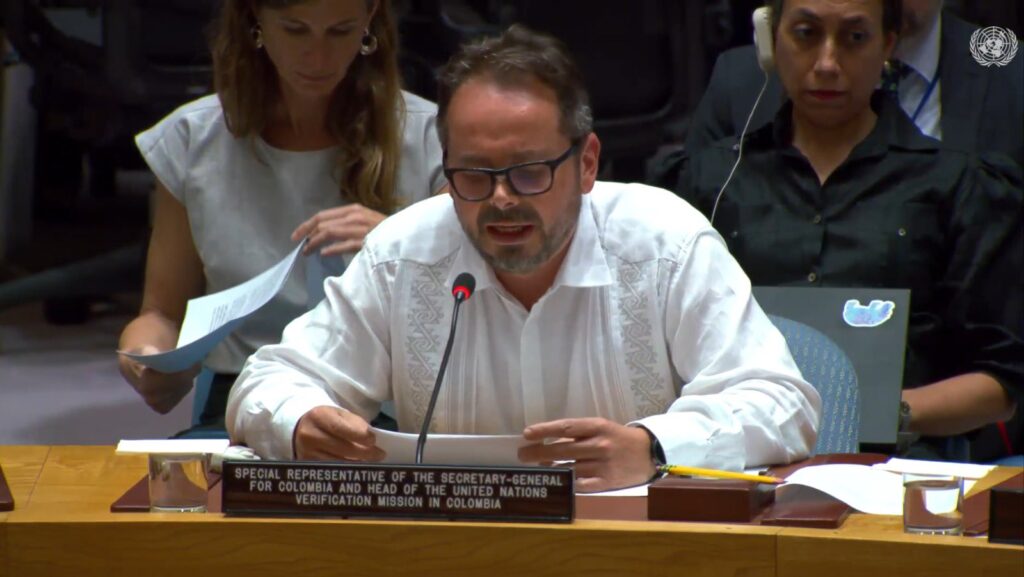
“The implementation of the agreement must go hand-in-hand with complementary strategies to deactivate persistent violence. Communities require the implementation of security guarantees foreseen in the agreement in a context of increased State presence, complemented by violence reduction measures,” Ruiz Massieu stated.
The representative also spoke directly to President Petro, stating that the absence of violence in territories affected by the armed conflict was brief following the signing of the accords, and that the expansion of other armed groups further hindered the conflict dynamics in those areas.
“Insecurity is, clearly, the main obstacle to reintegration and to the success of the Peace Process. Since the signing of the agreement, 421 signatories have been killed,” the representative warned.
Another important moment in proceedings was the speech delivered by Tovar, who signed the Peace Agreement in 2016 and was previously known by his nom de guerre Federico Montes, according to the Colombian Truth Commission. This marked the first time that a former FARC member attended a Security Council meeting in-person.
“Mr. President, violence in the territories continues destroying the lives of entire communities, and limiting the authority of the present institutions to comply with their responsibilities,” Tovar stated.
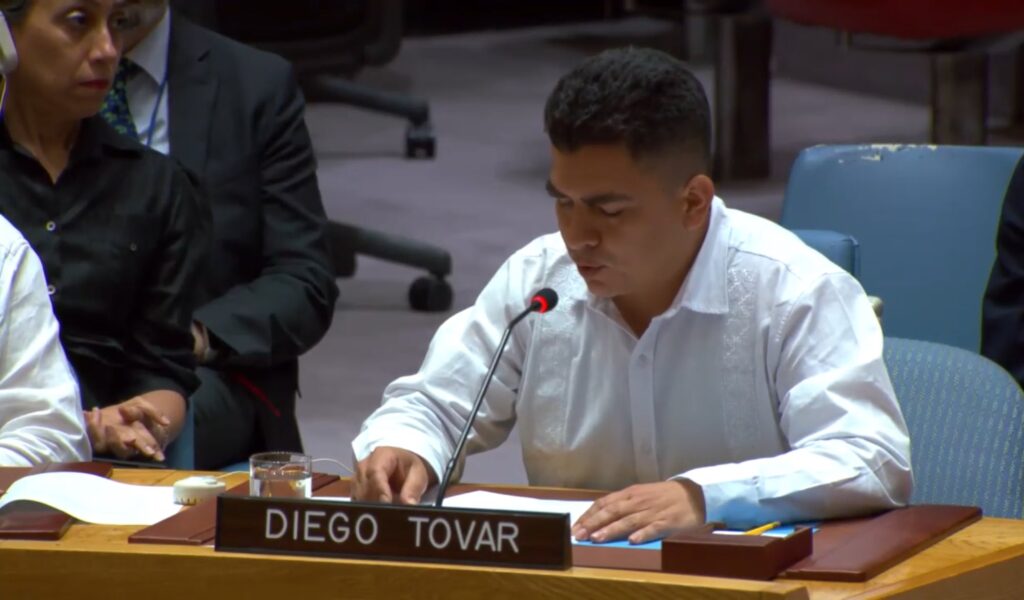
According to the ex-combatant, the signatories’ current concern is the level of violence that former FARC members face when reintegrating into society, and the impunity levels they face when these cases are investigated by ordinary justice mechanisms.
“The State must comply with their obligations to the women and men who laid down their weapons in a negotiated solution after decades of war, wanting to work towards peace” Tovar insisted.
As a response, President Petro stated that there has not been an expansion of violence in Colombia. Rather, violence has been more and more geographically contained to the zones most affected by the previous conflict with the FARC.
He also claimed that his government has made the most advances in favor of the agreement, and announced he would propose a fast-track measure to Colombia’s Congress to approve laws that would allow for the swift implementation of the peace deal.
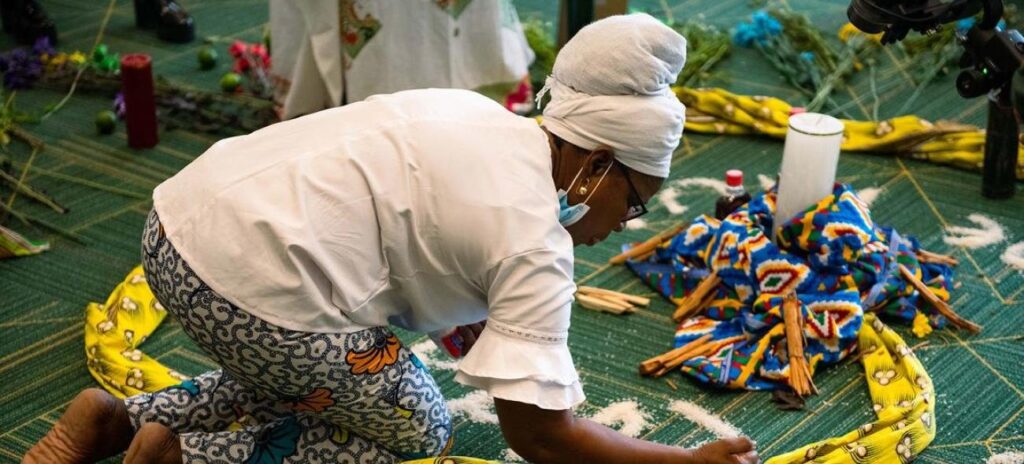
“We must now present changes in law that allow for the products of the Peace Agreement. Namely, integrated rural reform, a health plan, a housing plan, comprehensive and unfragmented truth, and the integration of territories into national development,” the President stated.
President Petro also presented eight points for the improvement of the agreement’s implementation:
- Finance territorial inclusion in development, prioritizing the investment in war-torn territories,
- Change in the distribution of the General Participation System to allow directing resources to these territories. This would allow funding of their healthcare, education, infrastructure and investment projects,
- Release the coca leaf-producing farmers from prison,
- Optimization and new mandatory investments aimed at the productive substitution of illicit economies and a path to agro-industrialization,
- Creation of a figure of hereditary familial concession in the jungle regions of Colombia,
- Agrarian reform that includes the modification of current legislations for the express administrative purchase of land, in addition to the transformation of the National Land Agency into a project-structured entity with access to credit and a formalization of titles with special mechanisms,
- A unified system of truth, justice, reparation and reconciliation for all conflict actors,
- Extend the implementation period of the agreement by an additional seven years.
The president finished his discourse by proposing that the members of the Council finance the implementation of the agreement through a method that would help mitigate the debt risk of the Colombian government.
“How can the Peace Agreement be fulfilled if the Colombian government faces budgetary strangulation? My proposal is not a request for individual countries … it is to enhance the financial capacity of the Colombian State,” he proposed.
The Future of the Colombian Peace Agreement
The Colombian government, led by then-President Juan Manuel Santos, started peace talks with the FARC-EP guerilla in 2012 after 48 years of on-going armed conflict, according to the Colombian Truth Commission.
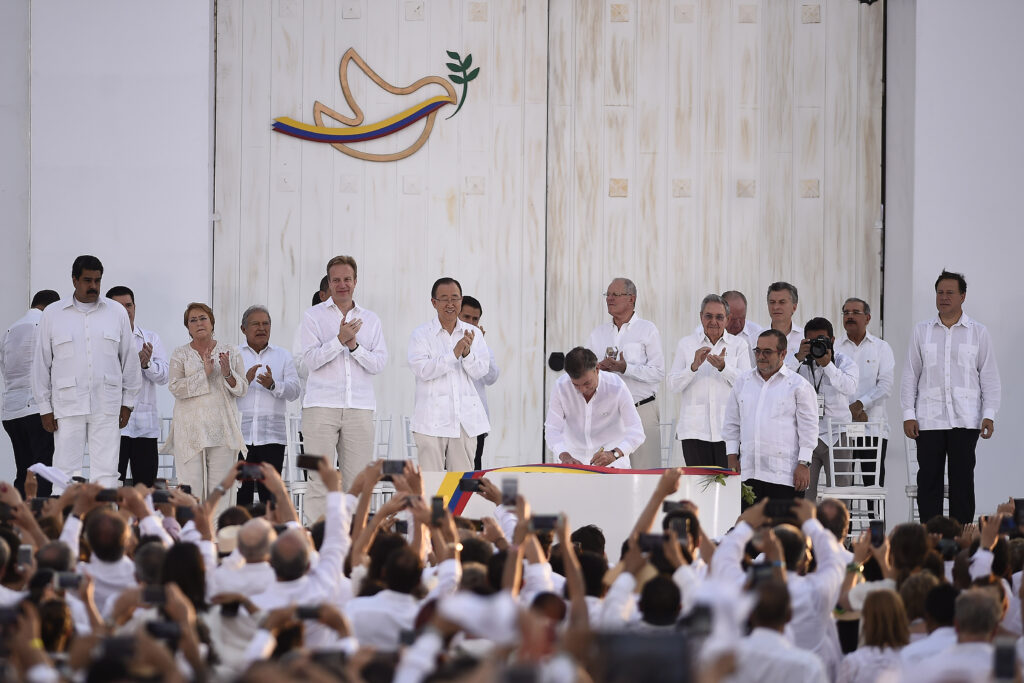
The Final Agreement for the Termination of Conflict was signed in Havana, Cuba in 2016, putting an end to the State’s war with the biggest illegal armed group of the country, as per the entity.
With the agreement, FARC members promised to lay down their weapons and reintegrate into civil society, and the Colombian State established different transitional justice mechanisms in which victims, FARC ex-combatants, and members of the armed forces were to participate in, according to the agreement.
The Rosario University of Colombia highlights six key issues which the Agreement seeks to resolve: comprehensive agrarian development policy, political participation, solution to drug trafficking, victims, an end to conflict and effective disarmament, and a ratification of the agreement.
However, last week’s report to the United Nations highlights a need for cohesive governmental and inter-institutional action in order to comply with the Peace Process. Particularly, the integral rural reform has been lagging behind, although different strategies have been adopted to accelerate the land restitution process to victims.
Furthermore, and as reiterated by both Ruiz Massieu and Tovar at the Security Council, the report notes that there has been growing discontent from demobilized FARC members and the representatives of the Comunes political party because of the government’s non-compliance with land restitution policies, violence and stigmatization.
As per the document, “the situation could significantly improve with a quicker implementation of inter-institutional frameworks, public policies and processes of decision-making that are key to the protection and safety to the prioritized populations of the Final Agreement.”
Nonetheless, the direct participation of victims in ongoing processes within the frameworks of the Peace Process were duly celebrated by the United Nations.
“I am confident that the Government led by President Petro will lead a joint effort with all State entities to achieve its far-reaching goals. While this endeavor is essentially Colombian, the support of the international community and of this Council in particular, will continue to be of utmost importance,” stated representative Ruiz Massieu.


